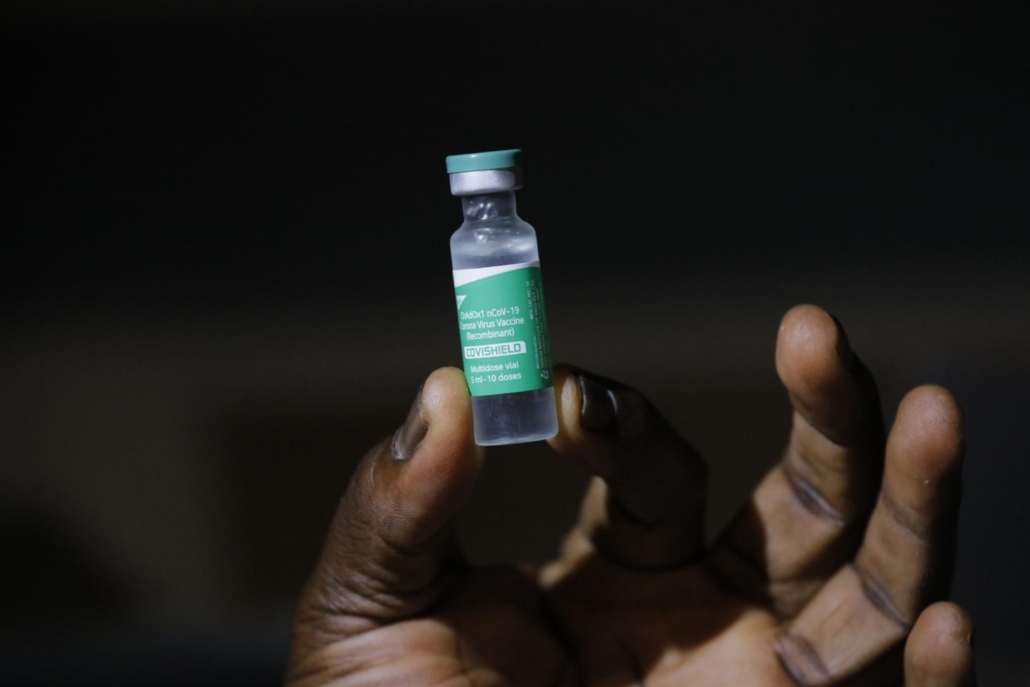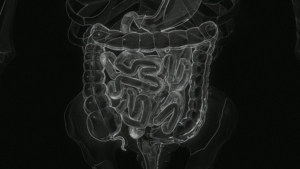
USA supports to temporarily waive IP of COVID-19 vaccines
The Biden administration has announced it will support the WHO proposal to temporarily waive intellectual property rights for COVID-19 vaccines to speed up vaccination.
The initiative, which South Africa and India have been pushing before the World Trade Organisation since last autumn and which was rejected by the EU, is aimed to accelerate COVID-19 vaccination in low- and middle-income countries and allow them to build production capacity under compulsory licensing. Currently, a large proportion of vaccine doses are allocated through pre-sales agreements with rich countries, leading to the grotesque situation where the populations of rich countries are widely vaccinated, while only a small proportion allocated through the World Health Organisation (WHO) COVAX procurement mechanism reaches the 92 poorest countries in the world. Unequal access to vaccine could favour the emergence of vaccine-resistant variants in this part of the world, thus undoing the emerging success of vaccination campaigns in the rich part of the world.
However, according to vaccine developers, the temporary suspension of IP protection does not help much in terms of access to vaccine doses, because even if production capacities were established and validated, supply shortages and export restrictions on essential vaccine components would bring on-site production to a standstill before it could even begin. The fact that compulsory licensing could also deprive developers of the well-deserved return on investment, innovation and development work is heard more behind the scenes.
The US government’s support for the proposal distracts from what is, in principle, a simple solution to the problem: the abandonment of preferential vaccination in the developed world. According to representatives of the ACT Accelerator of the WHO, in order to effectively combat the global pandemic, vaccination would have to be globally coordinated and carried out simultaneously everywhere in the world in order to minimise the likelihood of the development of vaccine-resistant variants . Delaying vaccination campaigns in developed countries for the benefit of poor countries is considered politically difficult.



 Unsplash+
Unsplash+